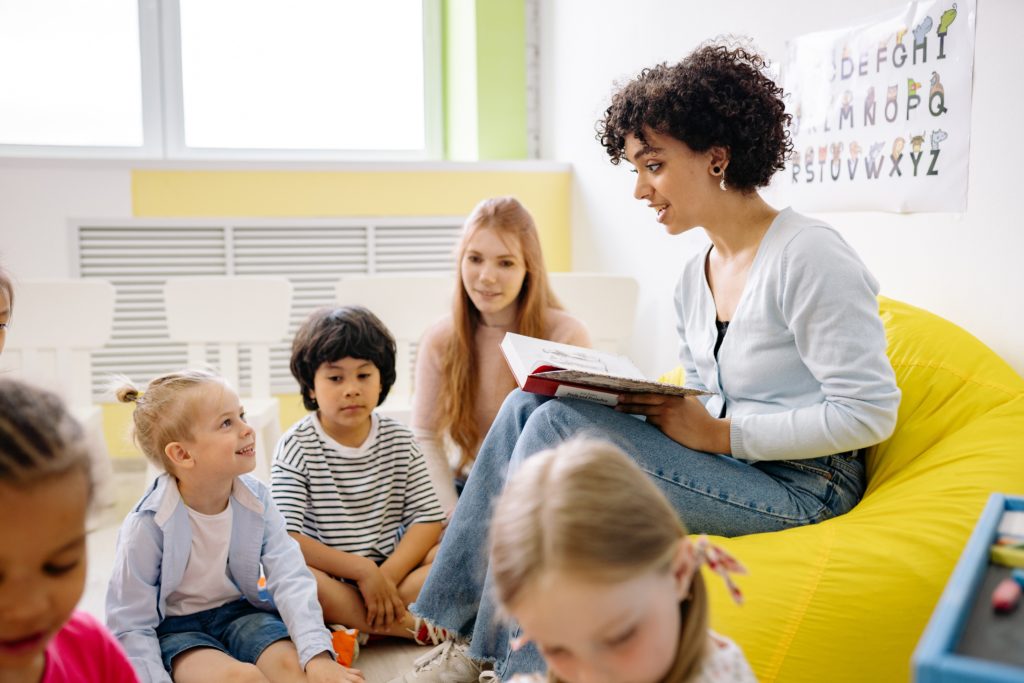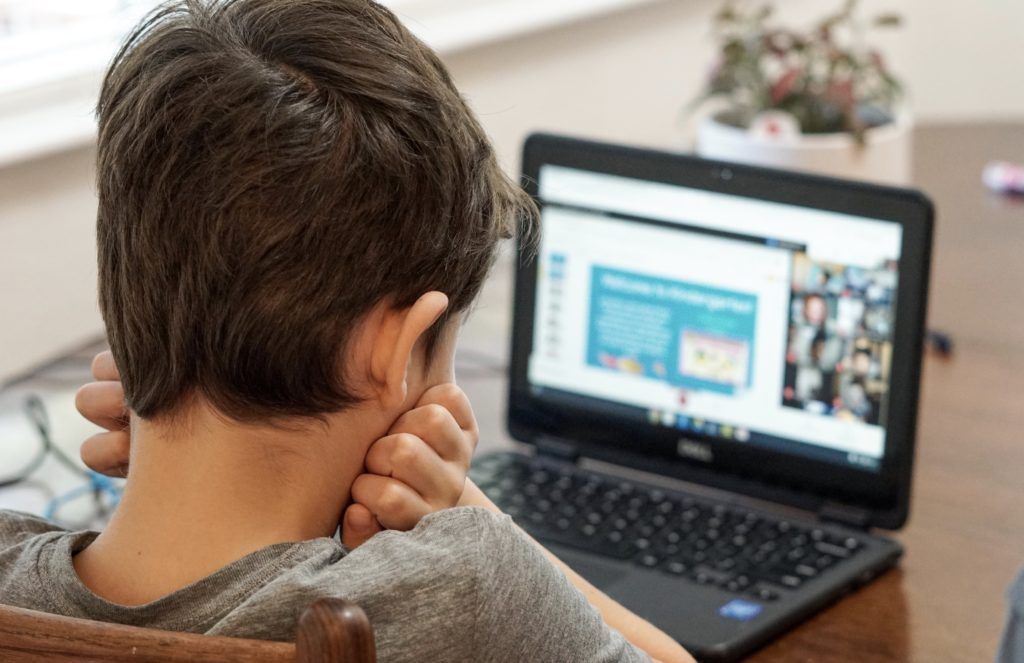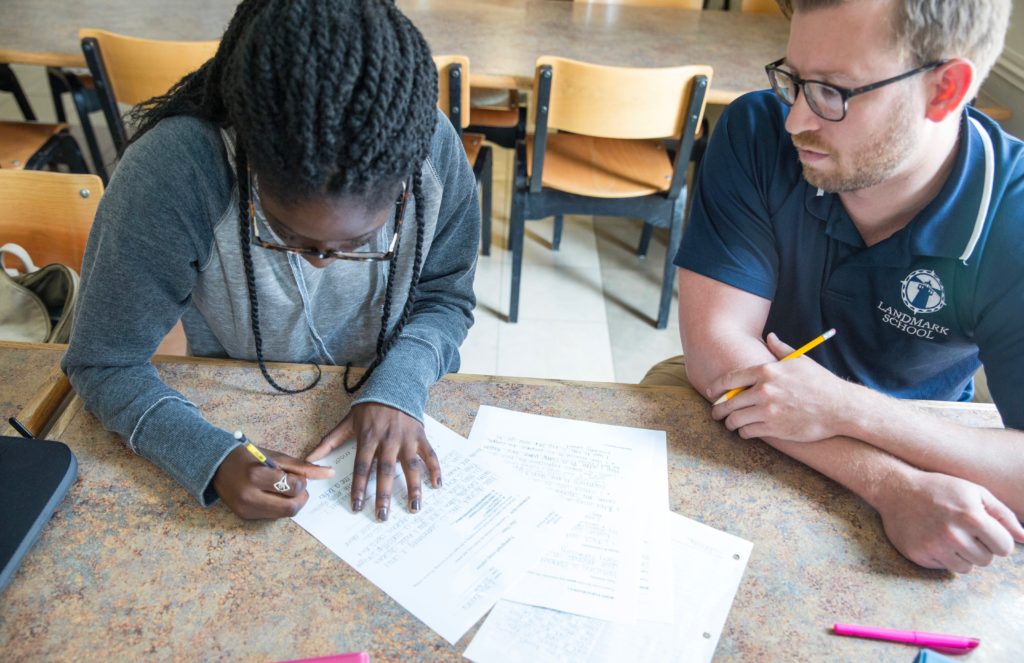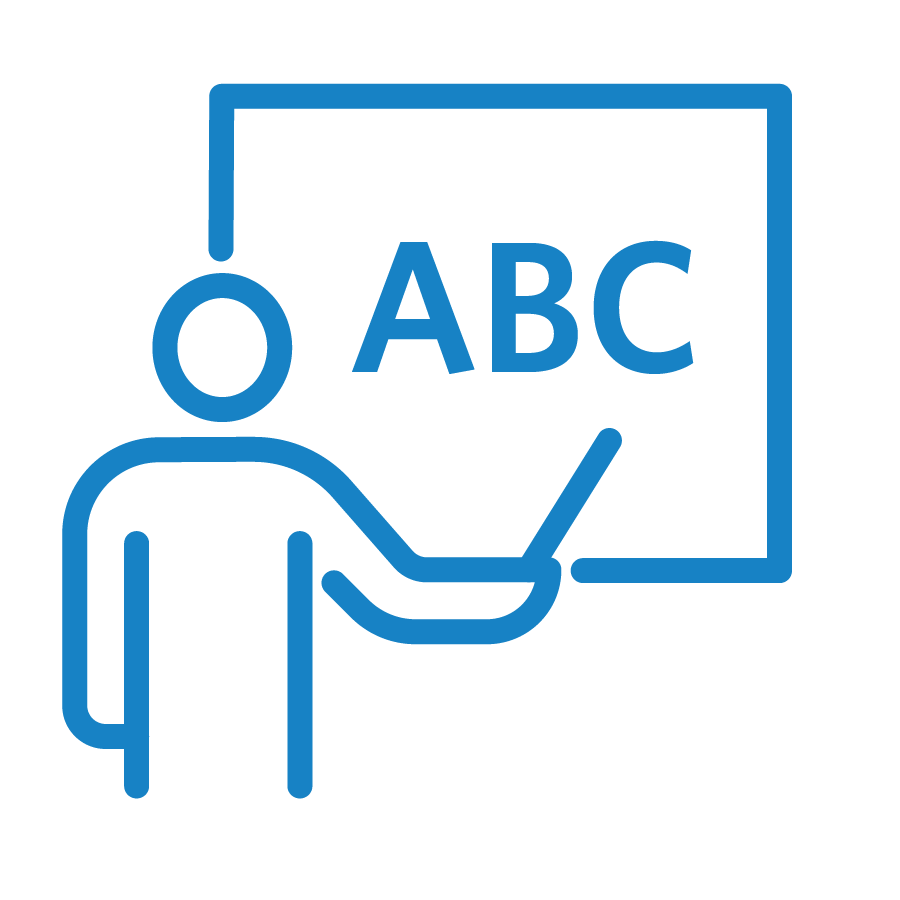Filter resources by:
Select a filter from the drop down menu to apply the filter. Page reloads upon selection

Oct 28, 2021
Handwriting and Literacy Development
Although every student can benefit from handwriting instruction and practice, focus and attention on letter formation are especially necessary for students who are diagnosed with specific learning disabilities (SLD), like dyslexia or dysgraphia. Often, students with SLD write more slowly and less clearly than their peers. In an effort to help students record information quickly
Read Strategy
Oct 12, 2021
Paraphrasing to Support Reading Comprehension
Reflect back on the first pages of To Kill a Mockingbird. They make many references to American history and relevant locations in the American south: Andrew Jackson, “Creeks up the creek,” Battle of Hastings, Mobile, Montgomery, and the list goes on. Imagine trying to make a mental movie of the setting of this novel if
Read Blog
Oct 1, 2021
Reading Fluency in High School: Beyond Rate and Accuracy
Traditional reading fluency programs focus on rate and accuracy. Attention is seldom given to prosody or reading with intonation and expression. However, with the new push for science and evidence-based reading instruction, Rasinski argues that we should no longer consider commercial reading programs that focus solely on rate and accuracy to be as effective, citing
Read Blog
Sep 8, 2021
Using a Decoding Toolkit to Develop a Common Language
Establishing a Common Language A successful skill progression will begin with phonemic practice and syllabication principles and move toward learning orthographic expectancies (common letter patterns) and vocabulary with the goal of developing sight words and automaticity. However, before engaging in any skill instruction, it is important for students and teachers to ensure that they are
Read Blog
Apr 14, 2021
Developing Number Sense with Number Strings
Number Strings in Practice A small group of fifth grade students gather around a table. The teacher begins the lesson by asking students to brainstorm strategies they know for multiplication. One student shares, “counting by 10s, 5s, any number,” which the teacher labels as skip counting. They review repeated addition (e.g., 5 + 5 +
Read Blog
Apr 14, 2021
Study Skills to Support Language in the Math Classroom
Although math is the study of numbers, there is much language inherent in teaching this content area. There are many essential math vocabulary terms that students need to understand and categorize. For example, students need to understand and recognize the relationship between the different types of quadrilaterals in order to be able to cut and
Read Strategy
Feb 2, 2021
Expect to Worry
There is good and bad stress. Most of us can agree that good stress might be the excitement of planning a wedding, but the persistent uncertainty associated with living during a pandemic is certainly bad stress. The anxiety about getting COVID, the worry of losing a job due to unstable economic times, and the prolonged
Read Blog
Jan 21, 2021
Assessing Writing: Challenges and Strategies
Unlike a math problem that has a clear answer or a science concept that is backed up by provable facts, writing can be challenging to grade because it is … Creative. Whether the writing assignment is narrative or expository, each writer combines words in unique and creative ways to express their thoughts. Subjective. There are
Read Blog
Nov 12, 2020
The Writing Process: Teach the Thinking Phase
1. Collect Sources: The specific objectives of a writing assignment should be considered when thinking about the source material for students. Is the objective of the task to demonstrate the ability to organize information on a variety of sources? Is it to simply demonstrate what they know about a topic? Or is the expectation for
Read Strategy